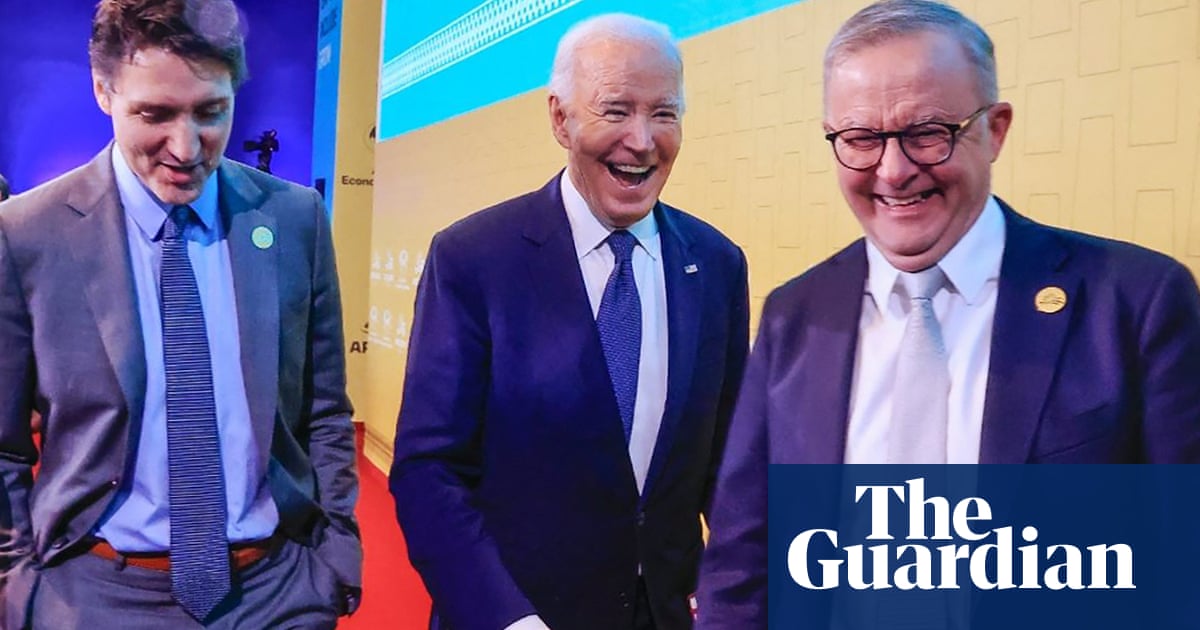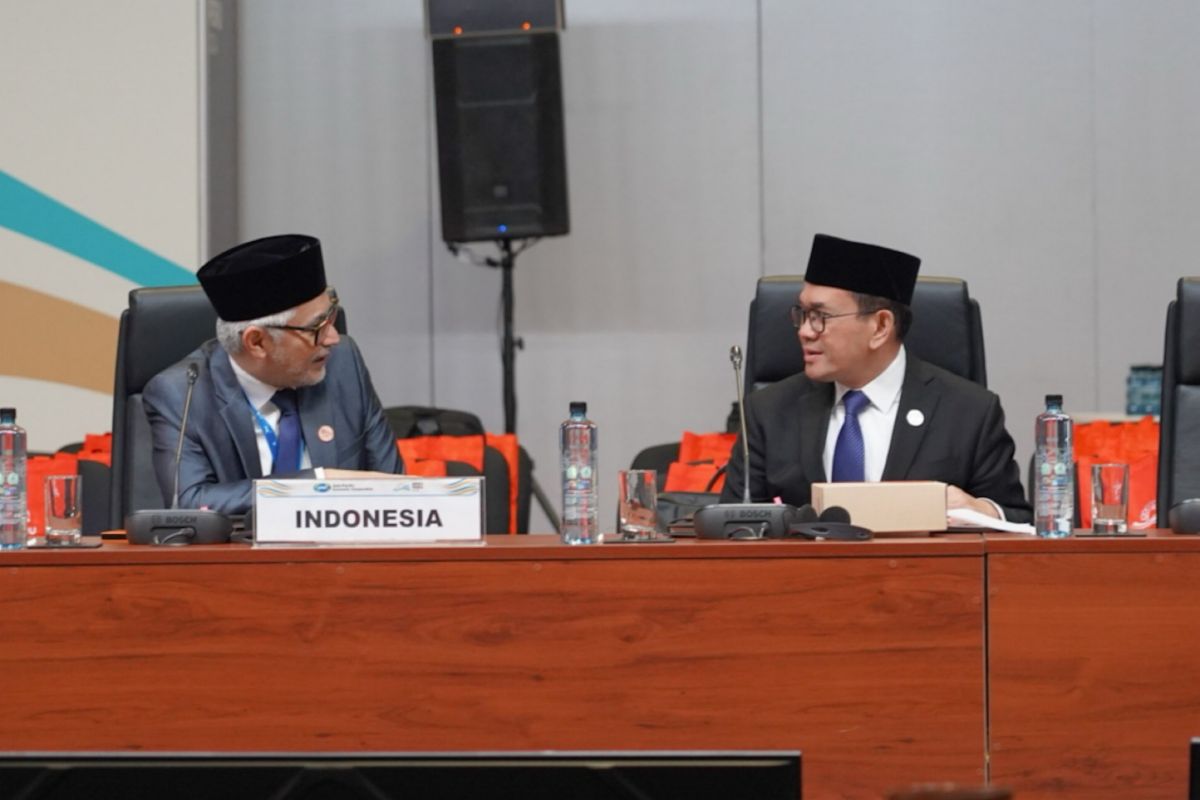Headline: Albanese Champions Inclusive Trade at APEC Summit in Peru
Prime Minister Anthony Albanese emphasized “inclusive trade and investment” during his address at the Asia-Pacific Economic Cooperation (APEC) summit held in Lima, Peru. The summit brought together 21 of the world’s largest economies amidst concerns over the growing protectionist tendencies favored by the incoming US president, Donald Trump. Albanese’s message underscored the importance of free and fair trade as a means to elevate living standards across the Asia-Pacific region.
Leaders Assemble Amid Changing Political Landscape
The APEC summit is traditionally a platform for member economies to discuss trade policies and economic cooperation. This year, it took place against a backdrop of shifting global trade dynamics, particularly with Trump’s impending presidency likely to introduce tariffs ranging from 10% to 60% on imports, including Chinese goods. Albanese highlighted the pressing need for APEC members to foster collaboration and counter these protectionist trends.
At a press conference following the summit, Albanese stated, “APEC leaders consistently spoke about the importance of free and fair trade between our economies to lift up the living standards of people throughout this region.” His comments reflect a shared commitment among APEC nations to promote collective economic stability and growth, particularly given Trump’s known policy positions.
Key Bilateral Meetings and Discussions
On the sidelines of the summit, Albanese engaged in discussions with key leaders. He met with Indonesian President Prabowo Subianto and Peruvian President Dina Boluarte to advocate for Australia’s trade interests. Notably, Albanese had a “friendly” meeting with US President Joe Biden, who reportedly was “in good form.” However, Albanese confirmed he did not engage with China’s President Xi Jinping, which could reflect ongoing tensions in Australia-China relations.
In his remarks, Albanese also addressed Australia’s trade relationships, particularly with China, emphasizing, “What I’ve done with China is work in the way that we said we would before the election.” He highlighted the continuing importance of trade in sectors such as coal, barley, wine, and seafood—industries crucial for Australian employment.
Expert Analysis: The Impact of Trump’s Presidency on Trade
The shift in US leadership has significant implications for global trade procedures, as highlighted by Bryce Wakefield, chief executive of the Australian Institute of International Affairs. “The election of Donald Trump has overshadowed everything at the forum,” he noted. According to Wakefield, the anticipated protectionist policies of the incoming president may lead to a realignment in trade relations as countries reevaluate their dependencies on the US, particularly shaping interactions with middle economies.
Furthermore, the potential abandonment of the Inflation Reduction Act in the US could redirect investment flows towards nations like Australia, which has vital resources such as lithium crucial to the green economy. Former trade minister Craig Emerson noted, “We are great champions of free and open trade, and it gives Australia an opportunity to reaffirm that.” This sentiment resonates within Australian policy discussions, as they aim to enhance trade efficiencies through measures like digitizing trade documents and promoting green agricultural products.
Future Cooperation and Regional Security Initiatives
In addition to trade discussions, Australia’s acting Prime Minister and Minister for Defence, Richard Marles, is set to host a trilateral defence ministers’ meeting in Darwin, welcoming Japan’s minister of Defence, Gen Nakatani, and US Secretary of Defence, Lloyd Austin. This gathering aims to enhance cooperation in shared strategic capabilities and defense industry collaboration, reinforcing Australia’s commitment to regional security amidst evolving geopolitical tensions.
“I am honoured to welcome Minister Nakatani and Secretary Austin,” Marles expressed, highlighting the importance of maintaining robust defense ties with key allies in an uncertain global landscape.
Navigating a Complex Trade Environment
The outcomes of the APEC summit indicate a critical juncture in Asia-Pacific trade relationships, particularly as nations grapple with the implications of an increasingly protectionist United States. Leaders like Albanese are positioning Australia as a champion of inclusive trade, seeking to build alliances that prioritize mutual economic benefits over isolationist policies.
As member economies continue to navigate these complexities, it is evident that the APEC forum serves as a pivotal platform for fostering dialogue and cooperation aimed at countering adverse economic shifts.
The watchful eyes of industry experts and policymakers will be on Australia and its trading partners as they adapt to the changing tides of global trade in the upcoming years, with the hope that a commitment to inclusive trade principles prevails in the face of new challenges.
Share your thoughts on Australia’s role in the future of Asia-Pacific trade. How do you see the balance between cooperation and competition evolving in this region?


